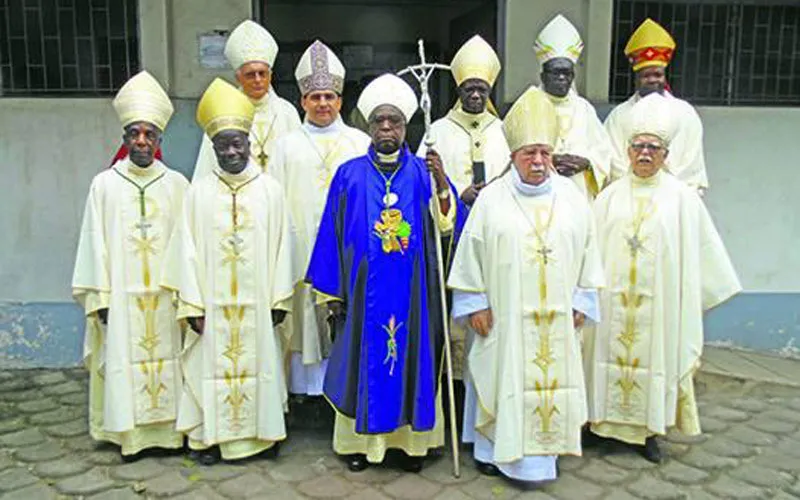Brazzaville, 03 February, 2021 / 2:29 pm (ACI Africa).
Catholic Bishops in the Republic of the Congo (Congo Brazzaville) have, in a collective statement, expressed “serious reservations” about the presidential election slated for March 21.
In their Tuesday, February 2 statement, the members of the Episcopal Conference of Congo-Brazzaville (CEC) say that COVID-19 restrictions and a poor electoral system are likely to undermine the credibility of the poll.
“We have serious reservations that a peaceful, participatory, transparent, free and credible presidential election can be held under the current conditions, aware of the key role that credible elections can play in nation building,” CEC members say in their statement obtained by ACI Africa.
On January 14, officials of Congo Brazzaville’s electoral commission announced that the presidential election would take place on March 21. The incumbent, President Denis Sassou Nguesso, is expected to vie for a fourth term in view of extending his 36-year rule of the Central African nation.
His main challengers include Mathias Dzon, who was the former Minister of Finance between 1997-2002 and Guy-Brice Parfait Kolélas, who came second in the highly contested 2016 presidential election that Sassou Nguesso won, Africanews reported.








